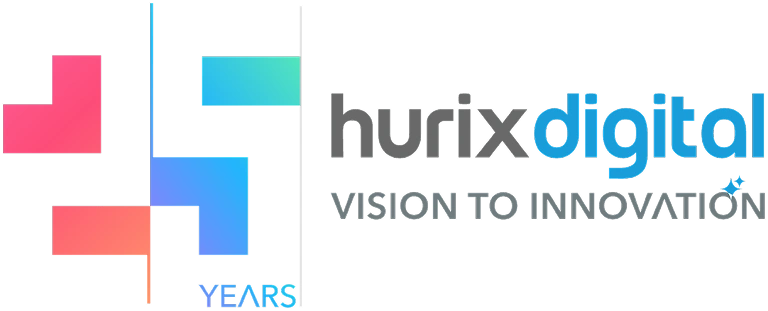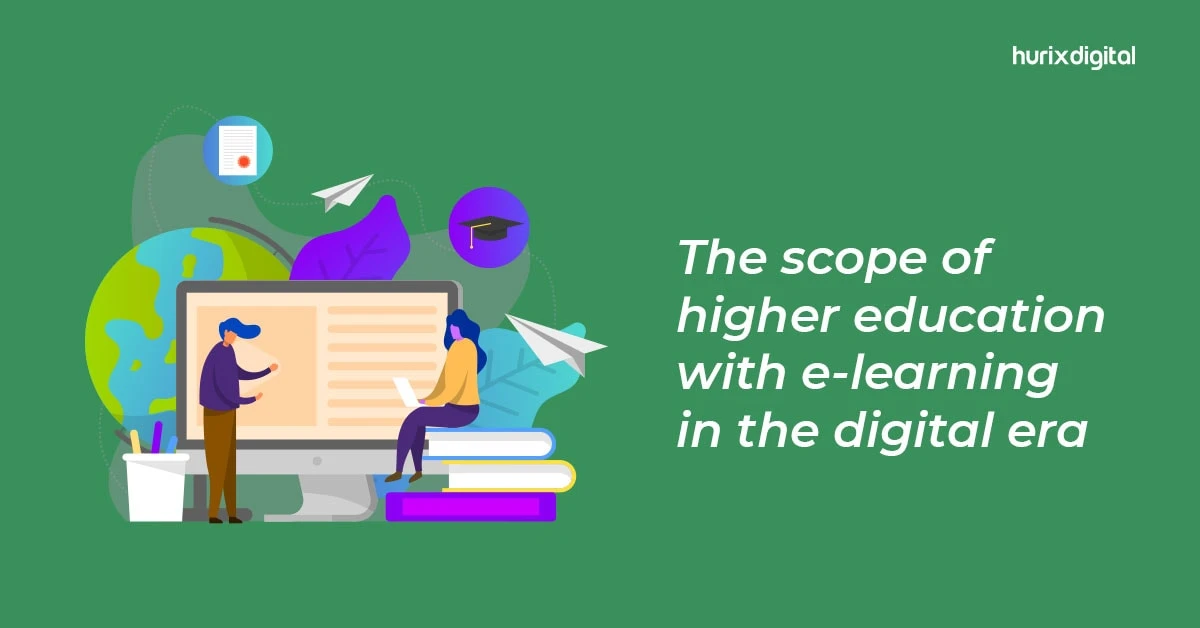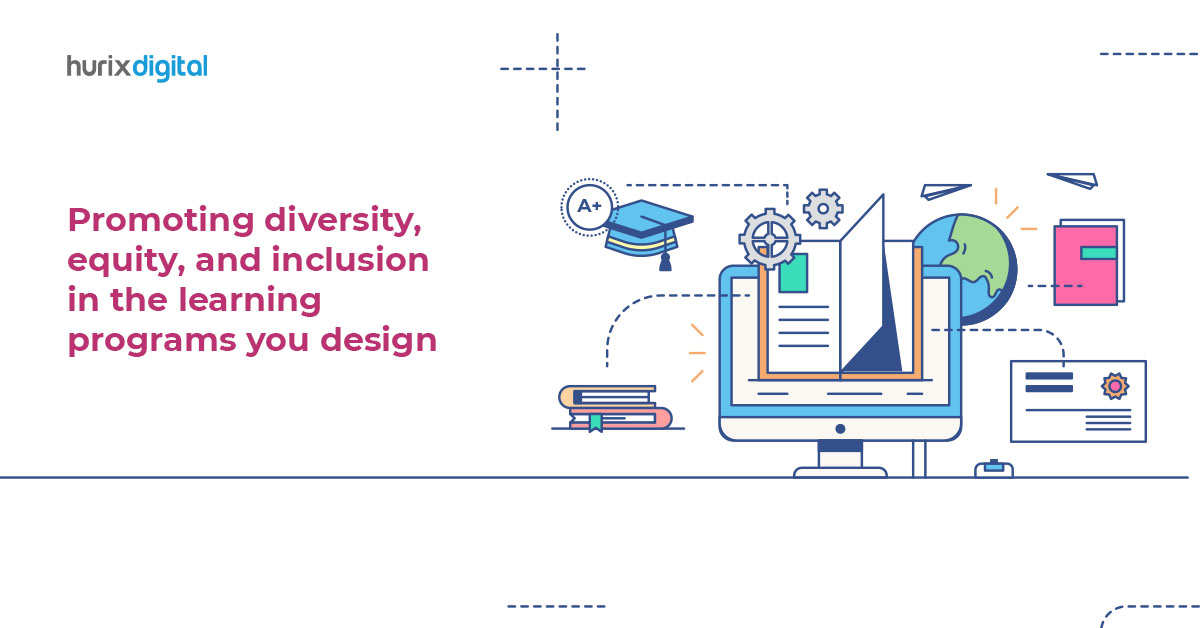
How Online Programs are Transforming Higher Education Learning
Summarize with:
Online learning is simple, self-paced, interactive, and convenient. It’s no wonder that students are increasingly opting for online learning over face-to-face classroom programs. This is especially true in the case of higher education courses. Many colleges and universities are now offering online programs for higher education learning, allowing ease of access and convenience.
This move also encourages students to take up higher studies at any university irrespective of their geographic location. How Online Programs Benefits Higher Education Learning There are several ways in which online courses benefit higher education students. Over the years, it’s become evident that students are indeed finding online learning to be more helpful and effective.
The following are some of the benefits of online learning for higher education students:
1. Flexibility Students get more flexibility to work out their schedules around coursework. They need not attend classes at specific times. Online classes can be taken asynchronously, and students still get to interact with their instructors and fellow students through social channels (such as discussion forums) at their own pace.
Not only the schedule, but the learning environment can be flexible as well. If a student is not comfortable coming to class, learning online lets him or her choose an environment that works for them. It can also help them cut down their travelling costs and commuting time as well.
2. Higher Retention Rates The Research Institute of America has found that online courses have increased student retention rates from between 25% to 60%. This may be attributed to the use of multimedia-rich content in online learning, which arguably makes higher education learning more engaging and compelling.
The flexibility of course schedules and the convenience of taking courses from a location of students’ preference, also contribute to higher retention. In comparison, many offline courses struggle to retain students throughout their duration.
3. Career Growth The flexibility of the schedule helps students get the maximum out of their time, be more productive, learn more, and advance in their careers faster.
A survey conducted among young college graduates found that two-thirds of the participants were satisfied with the learning outcomes of online education. Nearly 44% of them improved their employment standing, while 45% got salary hikes
4. Choice of Subjects Students have certain preferences about where they want to study for their higher education. This sometimes limits the choice of subjects or courses available to them at a particular university.
With online learning, students need not worry about the study location and focus completely on what subjects they are interested in. It also provides them with the opportunity to choose topics from a variety of e-learning programs.
Related: Why Should Colleges and Universities Develop eLearning Programs?
5. Lower Student Costs With online learning, students have to pay tuition fees, book supplies, application forms, and a few other items. But they can still save on housing and transportation costs, which translates to more savings and lower student debts.
6. Self-Discipline Many students agree that the flexibility of taking online courses at their own pace helps them develop a sense of self-discipline and responsibility. Studying online requires more self-motivation and time-management skills, as there is no instructor physically present to keep them focused on deadlines. These traits help students build up leadership skills and stand out in their careers.
7. Reduce Distractions Bite-sized learning and frequent assessments, generally implemented in online learning programs, helps students to be focused and reduce distractions. Research published by Harvard demonstrated that the use of frequent, short exams halved student distraction, tripled notetaking, and improved the students’ overall retention of the content.
These are just a few of the many benefits of e-learning programs in higher education. Institutes are slowly but surely coming to terms with the fact that online learning improves student outcomes if implemented in the right way. How Can Institutes Leverage Online Learning Programs to Improve Student Outcomes? Using a well-structured, robust, mobile-friendly LMS, and the right authoring tool, institutes can deliver impactful experiences in higher education learning.
Online tools can transform the student’s learning cycle and maximize their outcomes in the following ways.
Related: 5 Best Content Authoring Tools for Your E-learning Needs
1. Offering on-the-go student services with anywhere, anytime access to resources Integrating digital technology in higher education learning through e-learning, flipped, or blended learning can improve the learning experience effectively. Students can focus even better when they have easy, all-time access to learning resources within a flexible learning environment.
2. Creating a collaborative learning environment Institutes can offer collaborative learning experiences through online forums, email, chat and other formats that encourage open discussion over topics of study. Collaborative learning has proven to improve students’ understanding and helps to boost their learning outcomes. Online collaboration could also help students connect one-on-one with instructors and get their doubts clarified.
3. Engaging students through interactive learning content and gamification Online learning provides the right set of tools to make learning content more engaging and interactive. Educational institutions can leverage these tools to curate and present content in creative ways that hold the attention of students through rich visuals, interactive illustrations, animations, etc. They could also gamify the learning process through interactive quizzes, rewards, and more.
Related: Digital Solutions for Universities and Higher Education Institutions
4. Providing active learning opportunities One good way to engage online learners is to involve them in active learning. Higher education learning through online courses doesn’t necessarily have to be just in front of the computer. Instructors can actively involve students to participate in “hands-on” activities, get them to interview people working in the field, or bring their learning out into the community.Case studies, group projects, or gathering and analyzing local data are just a few of the many examples of active learning.
6. Providing timely and useful feedback Providing feedback on students’ performance and progress is important to keep them engaged and encourage active participation in the learning program. Quick responses to discussion posts or emails and the quick turnaround time for grading assessments help students to stay on track for the next assignment or activity.
Timely feedback could also have an impact on the future efforts of students. Detailed feedback generally tends to be more effective at improving student outcomes. Measuring student learning outcomes through appropriate, timely assessments and quizzes is surely the end goal of online learning programs. But an ideal e-learning course should also provide the students with an opportunity to assess and rate themselves.
Grading their own answers on quizzes and discussion posts or providing inputs on their own progress throughout the course, can be a motivating and sometimes humbling experience. It helps students become more accountable and allows them to take responsibility for their learning. Online learning in higher education learning is already proving to impact student outcomes in a good way. Institutes are rapidly moving towards implementing innovative learning experiences through various forms of digital media.
If your team isn’t experienced in the creation of engaging online learning courses, no need to worry, third-party vendors can help you create and deploy engaging online learning programs that are tailored to your students’ learning needs.
Related:
How Online Programs are Transforming Higher Education Learning
10 Advantages of e-Learning in higher education over Traditional Methods
Importance of Digital Curriculum Development in Higher Education
Digital Solutions for Universities and Higher Education Institutions
How Mobile Learning is Changing the Educational Landscape
9 Reasons for the Growth of eLearning in Education
10 Best Practices in Online Course Development
 A Space for Thoughtful
A Space for Thoughtful 



